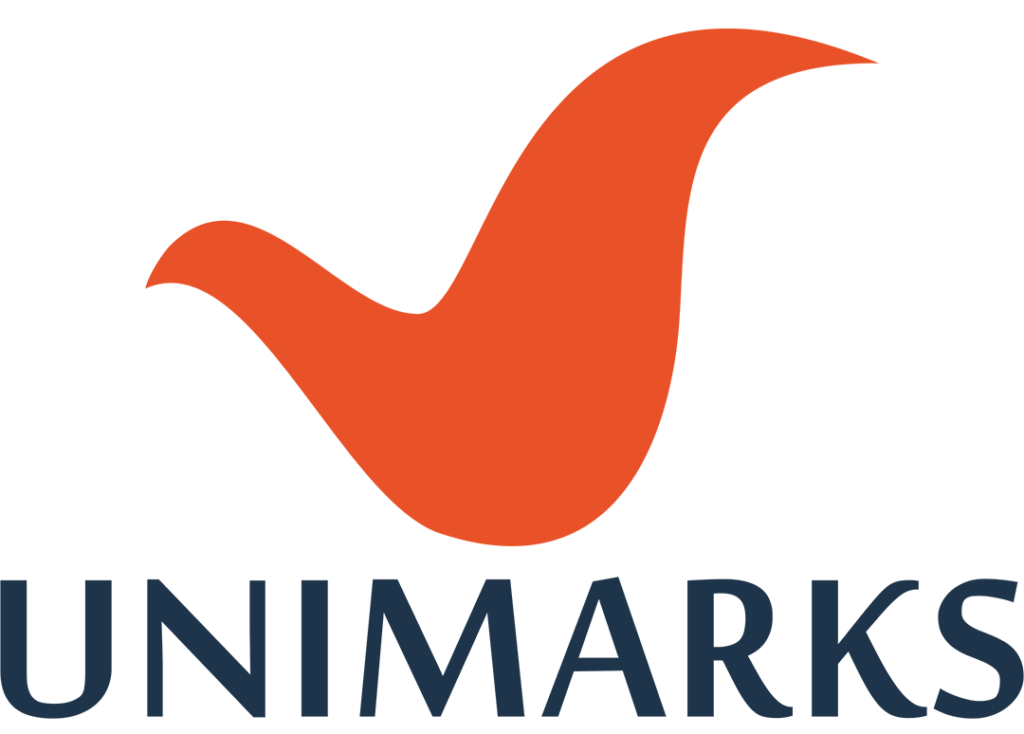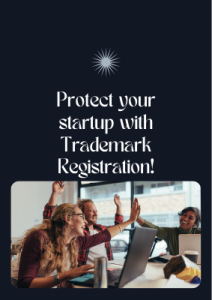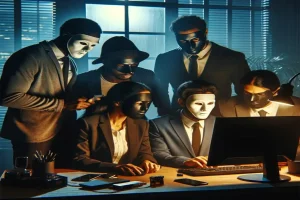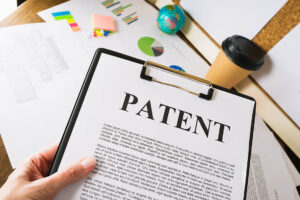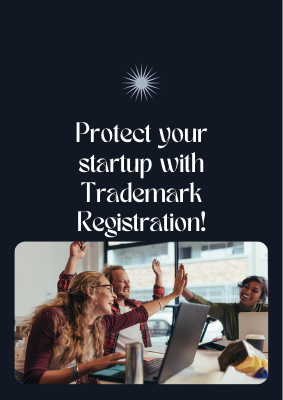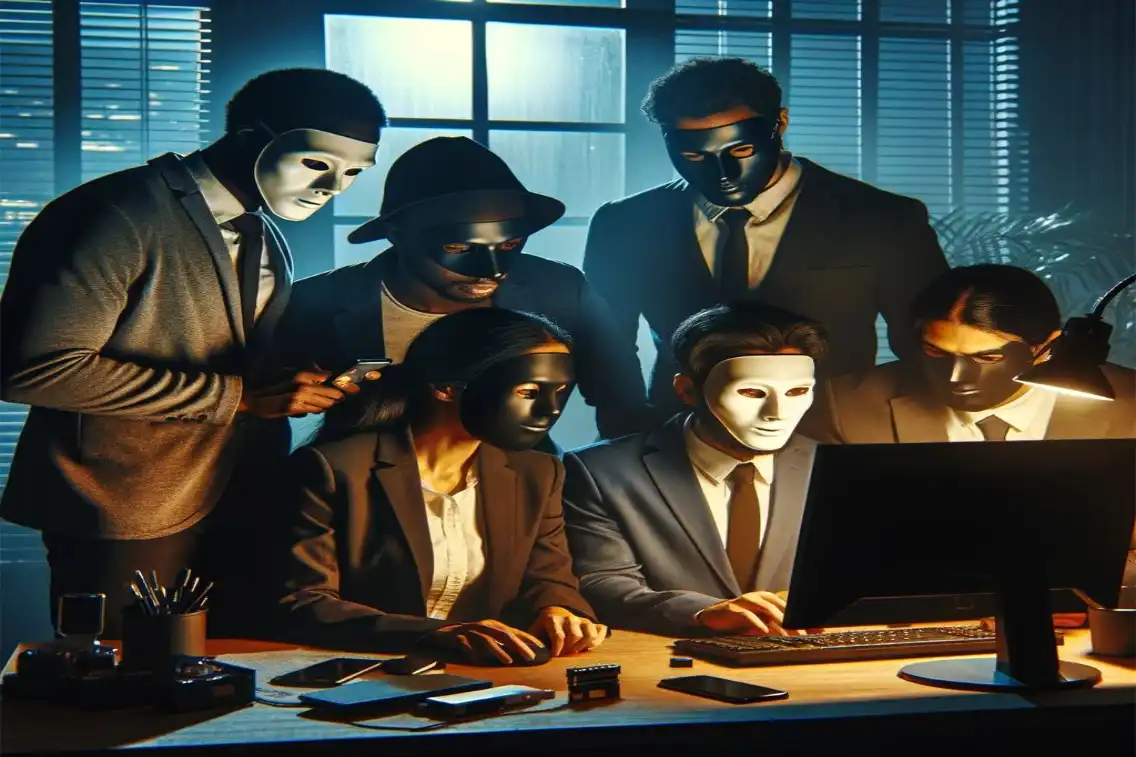The laws of the Copyright Of Your E-Books and Audiobooks are quite similar to any creative work. The author possesses the copyright protection from the time he creates the book. Many E-book publishers may claim to promise or assure complete protection of your writings. Yet the problem is the publishers’ mere oral promises, or assurances stands as no proof if any legal issues raised for the ownership of the work.
What does copyright protect?
Copyright protects creative work, original or genuine literature, Drama, Music, and Artistic Work. The copyright owner alone shall possess the exclusive rights to distribute e-books for public sale, rental or lending, or to make the book available at free of cost. The owner of the copyright will also have the right to reproduce the book or literature work in any other form. Without the permission of the original owner, no third person can print, produce, and distribute copies of the specific book.
Why E-books?
With the world Angling towards the digital platforms, E-Books have become had made it easier for readers and publishers to make content easier to find the relevant books or topics. You will see many E-Books Related to that specific topic, which you could buy in just a click. It is profitable for publishers and also the writers as they will only require to upload their manuscript and cover Art. It cuts down the told expense of making a printed book and marketing they perform for the release of the book. Instead, they focus more on online marketing.
Why Audiobooks?
Audiobooks are simply an interpretation of the story into a narrative form. It has been trendy as you will not have to read the book, but you will hear a voice-over of its contents on the go. It is just a type of interpretation of the same text and the same material.
What if your original work of e-books or audiobooks infringed?
All E-book platform specifies that the royalty paid from publisher to author as per their agreement. But if any third person copies the manuscript, their clause doesn’t offer you any protection.
Let’s say you write a love story and self-publish your book in any of the E-Book Platforms. You think that the platform will provide you content protection. In reality, if the same story has been translated to another language by a copycat, he can publish his book on the same platform you also have enlisted your original work.
Or if a Film Director finds your story interesting, he/she could interpret it without your knowledge. Even if you do know that your work copied, you can’t go to court claiming your ownership, because the protection of an E-Book platform may not stand as a proof for your ownership on the manuscript. You will end up losing your credibility in case of legal disputes. The courts will primarily look into the copyright registration of the original work and the name of the author.
E-Books And Audiobooks
So, If you have registered the Copyright Of Your E-Books And Audiobooks in your name, you will have the upper hand in the court. You will be the one holding all the cards, and it will be easier to prove your case during the infringement proceedings and claim of damages. If you hadn’t copyrighted your work and the work gets stolen, then it’s an ordeal and painful process. First, you shall submit the proof to the court that the work is yours, and the court may rule against you in the absence of any such evidence.
For audiobooks, however, many confuse themselves if they need separate copyright for it, but in reality, the copyright protection is for your content and how you presented it. If you had added music or have used different voices for the audiobook, then it is understandable to copyright it as well. Still, if it is just plain narration, then separate copyright is not required. Audiobook platforms, at times, target the non-copyrighted contents for their benefits. If you find any Audiobook having even a Paragraph similar to your copyrighted material, then that is an infringement as well.
Conclusion
We at Unimarks promote the protection of your creative works; making an original manuscript is not an easy job, but stealing it only takes two steps; CTRL-C, CTRL-V. This is why authors need to go for a copyright registration even before their script touches the publishers’ table. When the copyright is in your hand, you hold all the cards. If not, then you will be at the mercy of some copycat who is smart enough to copyright it before you.
